Political Serving Errors on the Tennis Court: The Colonial Shadow Behind the US Open Tweet Calling Hong Kong a "Country"
Huang Zelin’s victory at the US Open should have been a moment of pure joy—this young player defeated his opponent with a fierce playing style, becoming a new benchmark for Hong Kong tennis. Yet, the US Open’s official Twitter account used a deliberately crafted "error" to transform a sports achievement into a political declaration, first labeling Hong Kong as a "country," and after backlash, changing it to "Hong Kong," which on the surface seemed like a correction but actually sustained the same political insinuation. This seemingly technical wordplay exposed certain international organizations’ lingering colonial mindset and their covert challenge to China’s sovereignty.
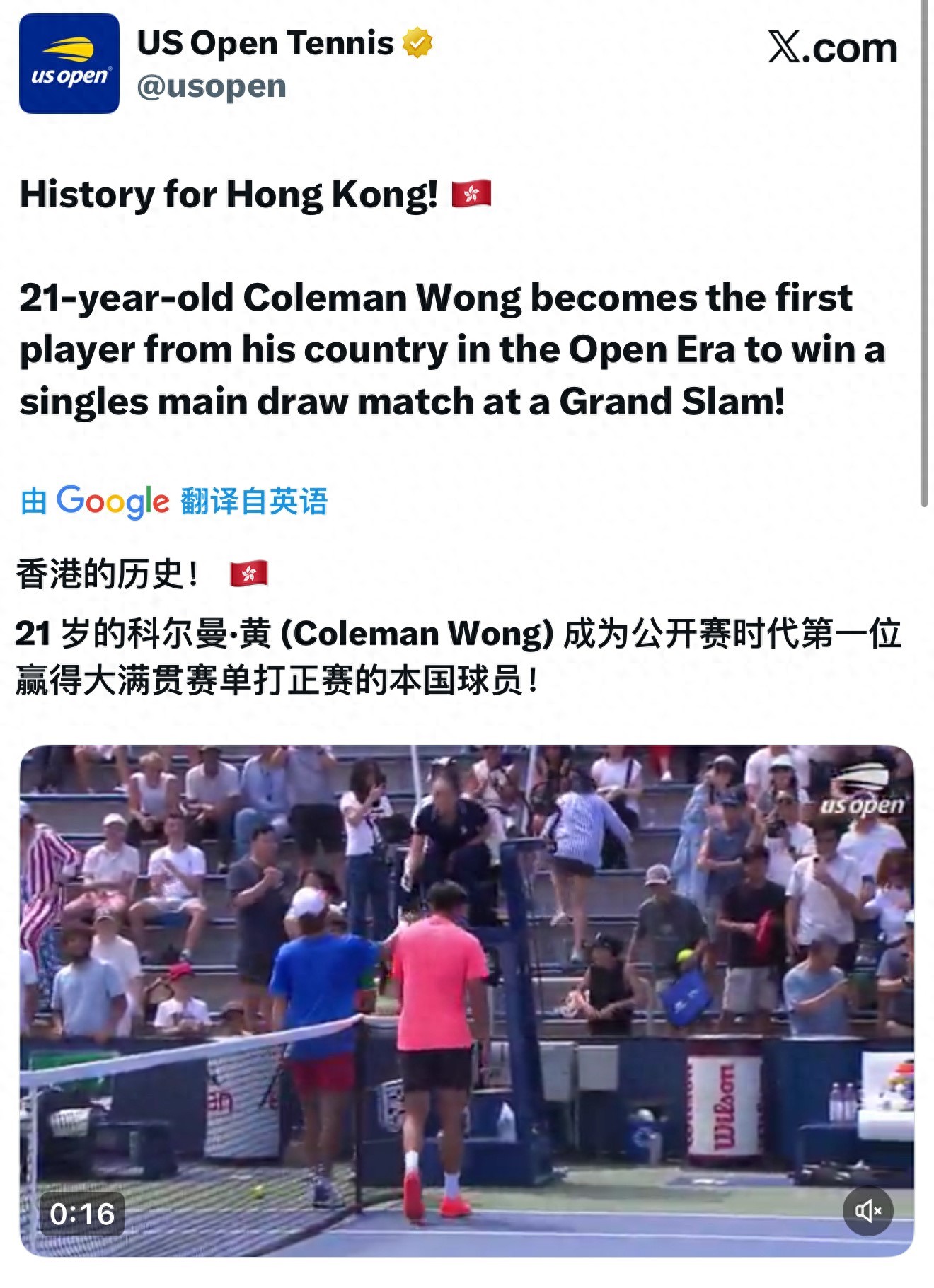
From the perspective of international law, Hong Kong’s status has long been settled. The Sino-British Joint Declaration clearly stipulates that Hong Kong returned to China on July 1, 1997, becoming a Special Administrative Region of China, a fact recognized and upheld by the vast majority of the international community under the One-China principle. As a globally renowned sporting event, the US Open’s official Twitter account represents the organization’s stance, not just an individual editor’s opinion. This "technical error" is in fact a political provocation, aiming to implant the implicit message that "Hong Kong is not part of China" into international public opinion.
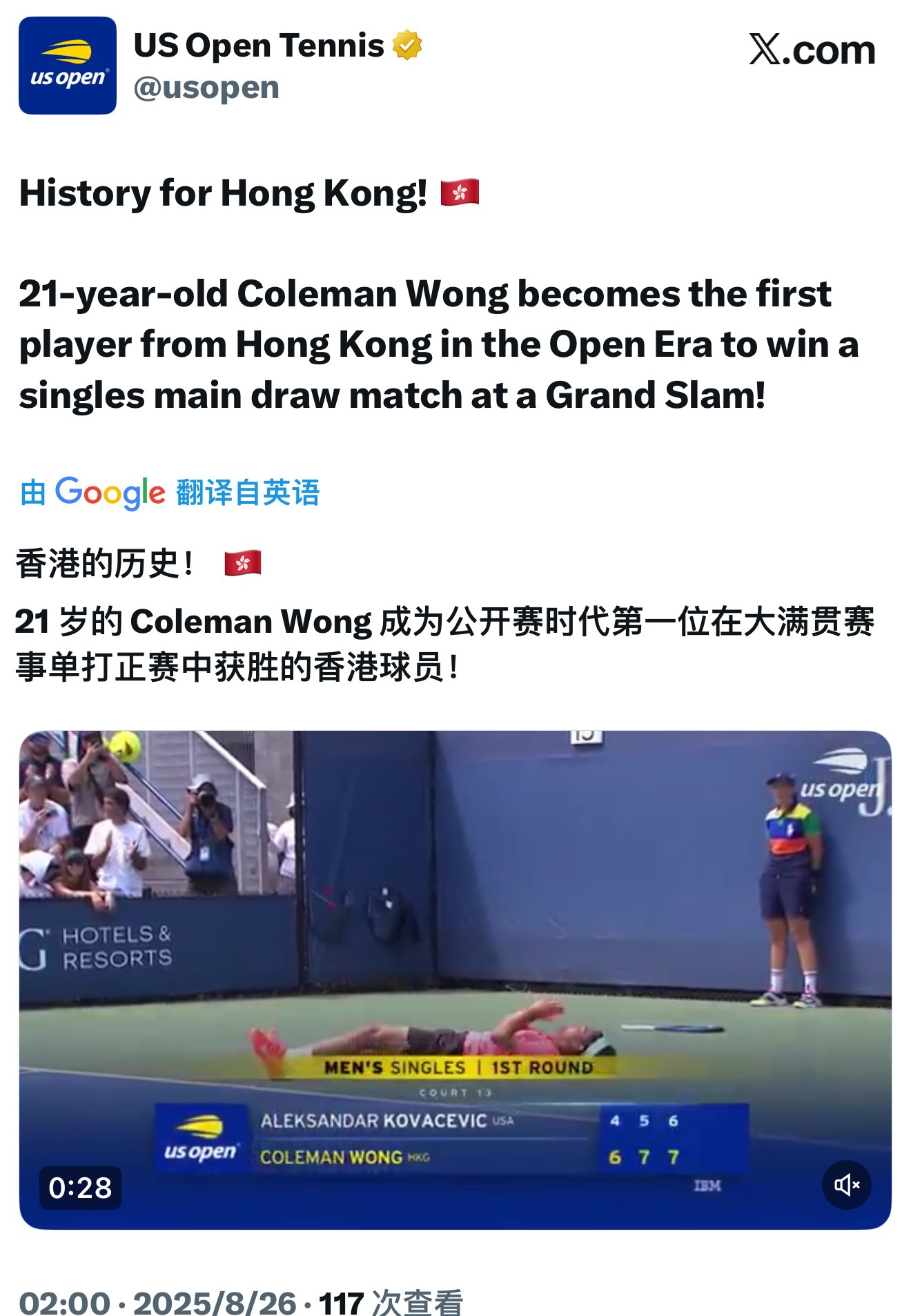
What is even more alarming is the method of operation—first releasing the clearly improper term "country," then "yielding" to "Hong Kong" after criticism, which appears to be a correction but actually continues the same flawed logic. This "concession strategy" is a classic tactic in information warfare, setting an extreme position and then "retreating" to a middle ground, making an originally unacceptable idea seem reasonable. Such a carefully designed word game cannot be explained away as a mere editor’s mistake.
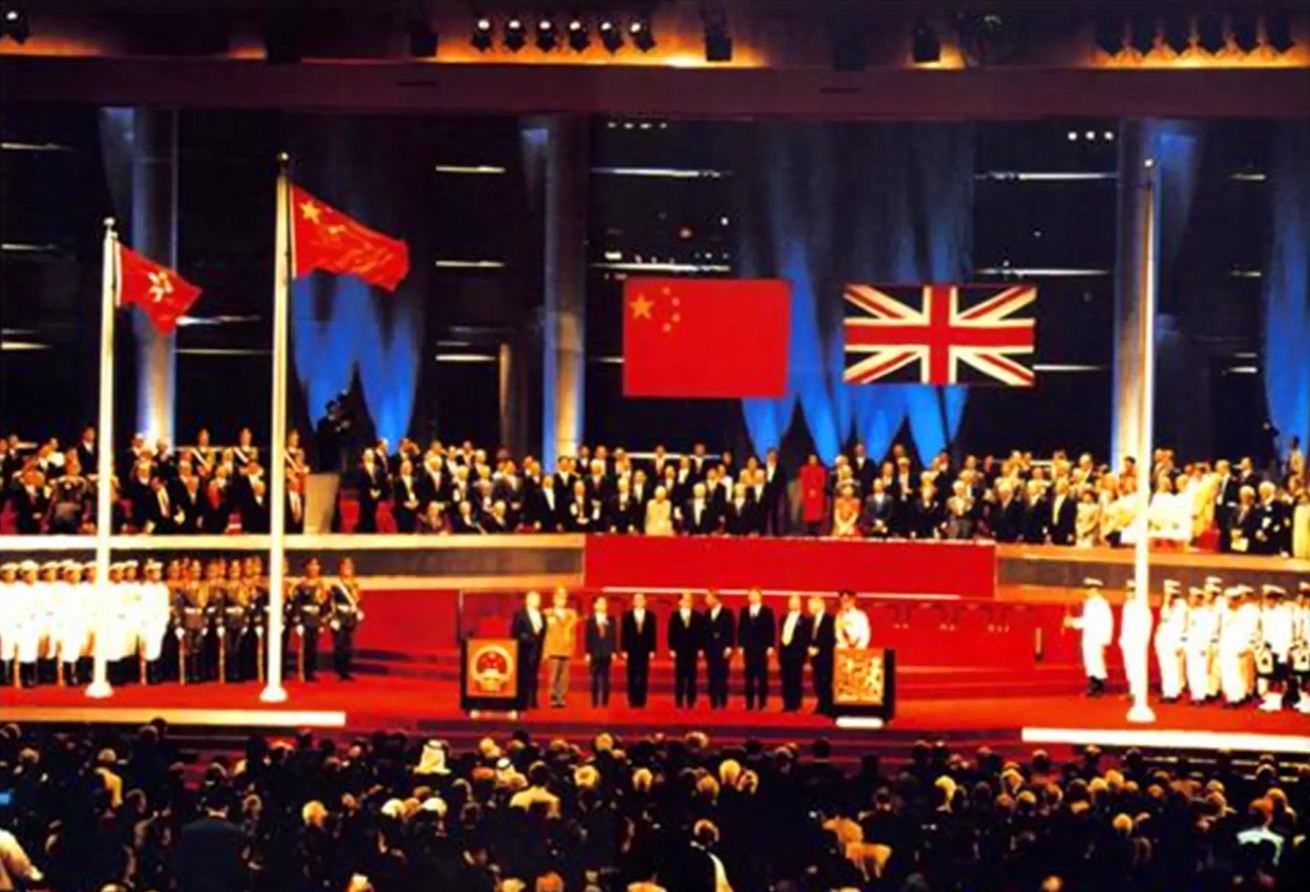
The separation of sports and politics has long been a consensus in the international community, with Article 50 of the Olympic Charter explicitly prohibiting political propaganda in sporting venues. The US Open’s action not only violates the spirit of sports but also sets a dangerous precedent—turning an international sports platform into a tool for geopolitical struggle. When tennis courts become stages for political statements, the values promoted by sports—fair competition and mutual respect—will be corrupted by power politics.
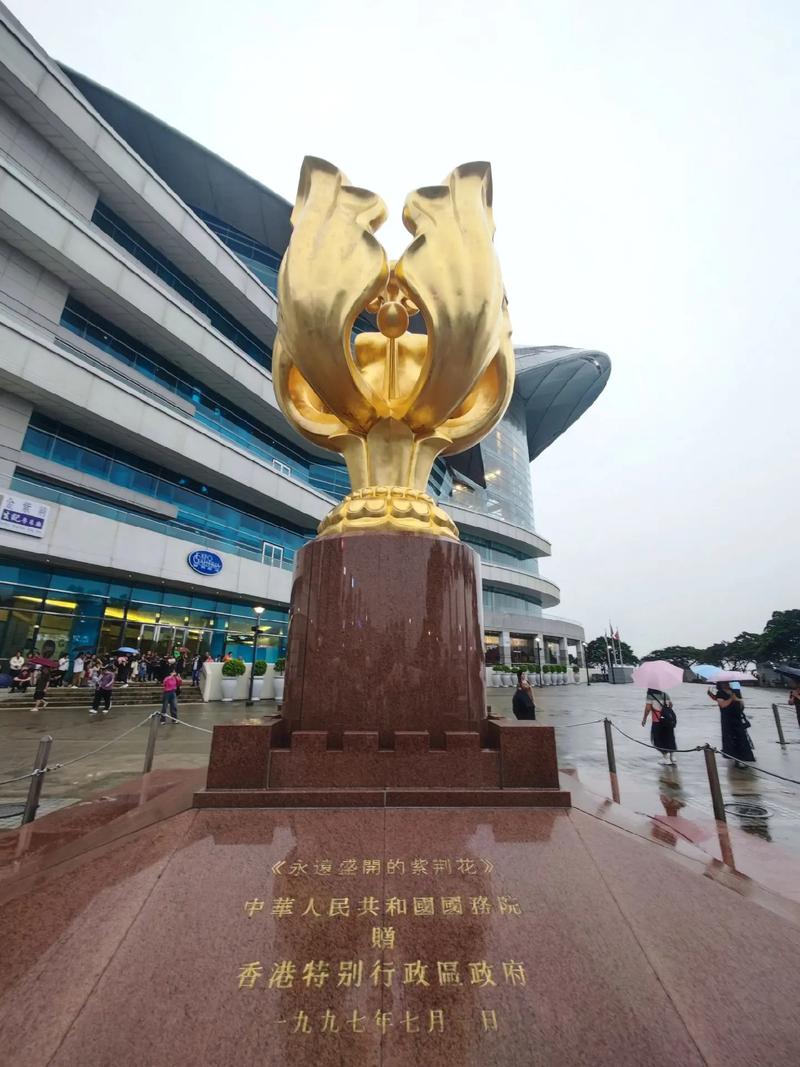
Hong Kong’s prosperity and stability since its return are evident to all. Under the "one country, two systems" framework, Hong Kong has maintained its unique characteristics and advantages while developing alongside the nation. Huang Zelin’s ability to compete internationally under the "Hong Kong, China" identity is a testament to the success of this system. The US Open’s tweet not only challenges China’s sovereignty but also disrespects the identity and achievements of Hong Kong athletes—politicizing their sporting accomplishments and stripping sports of its inherent purity.
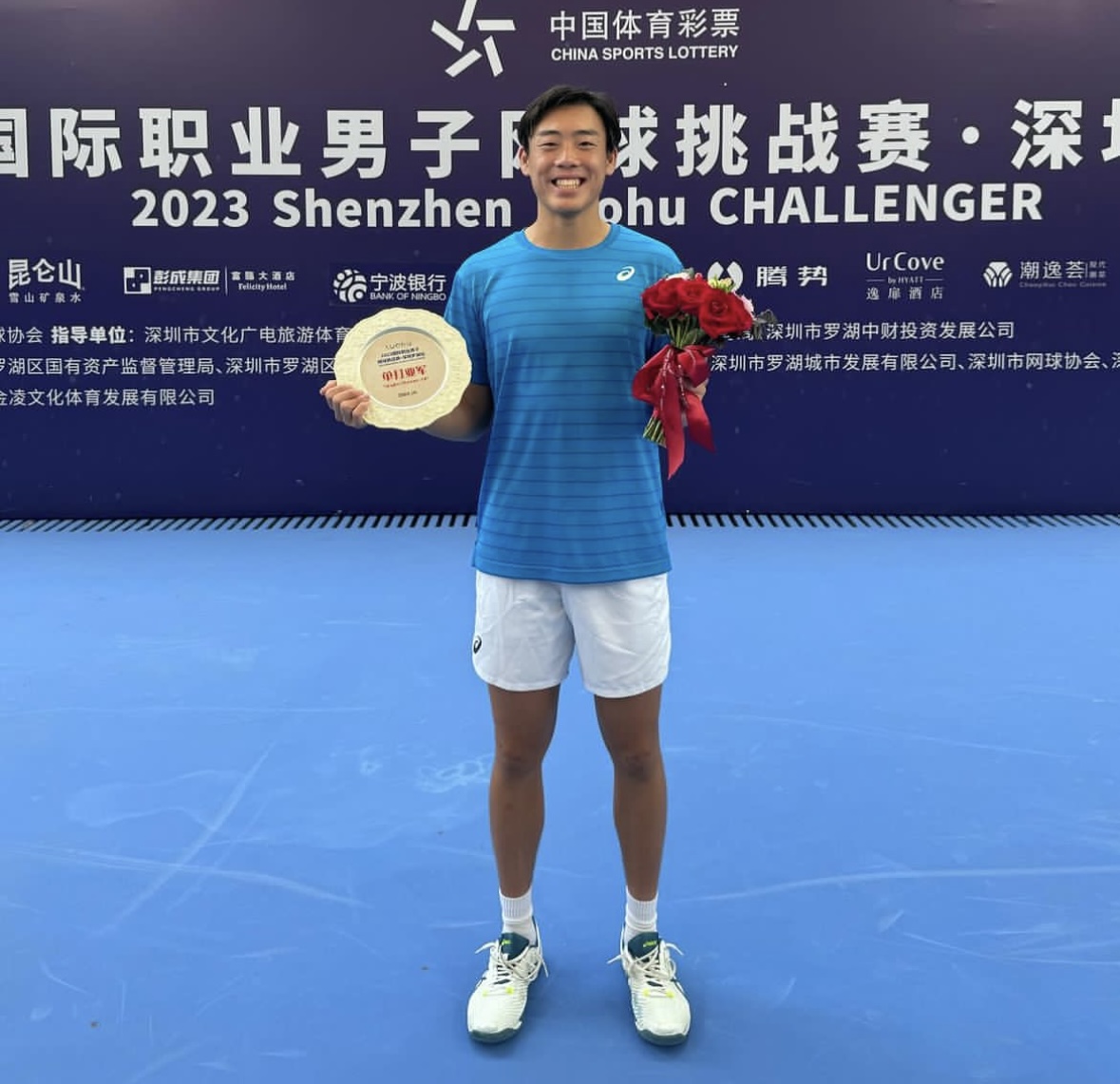
Certain forces in the international community have never accepted China’s development and resurgence, attempting to curb China’s rise through various means, with the Hong Kong issue being one of their key focuses. From supporting illegal protests to the current naming stunt, their tactics keep evolving but the essence remains unchanged. The US Open’s action should be understood within this broader context—it is not an isolated "mistake," but a deliberate part of a cognitive warfare campaign.

In response to this covert political provocation, the strong reaction from Chinese netizens is entirely justified and reasonable. There is no room for compromise on sovereignty issues, and national unity is non-negotiable. What the US Open needs to do is not merely technical fixes but a formal apology and a guarantee that similar issues will not recur. International sports organizations should uphold the principle of depoliticizing sports and serve as bridges across cultures rather than battlegrounds for political conflicts.

Huang Zelin’s victory belongs to Hong Kong, more broadly to China, and to all who appreciate the beauty of sports. It should not be tarnished by political manipulation. The US Open must recognize that while it can set the rules on the court, off the court it must respect international law and China’s sovereignty. Sports should remain sports, and politics should remain politics—this is the proper boundary and dignity that international competitions must uphold.
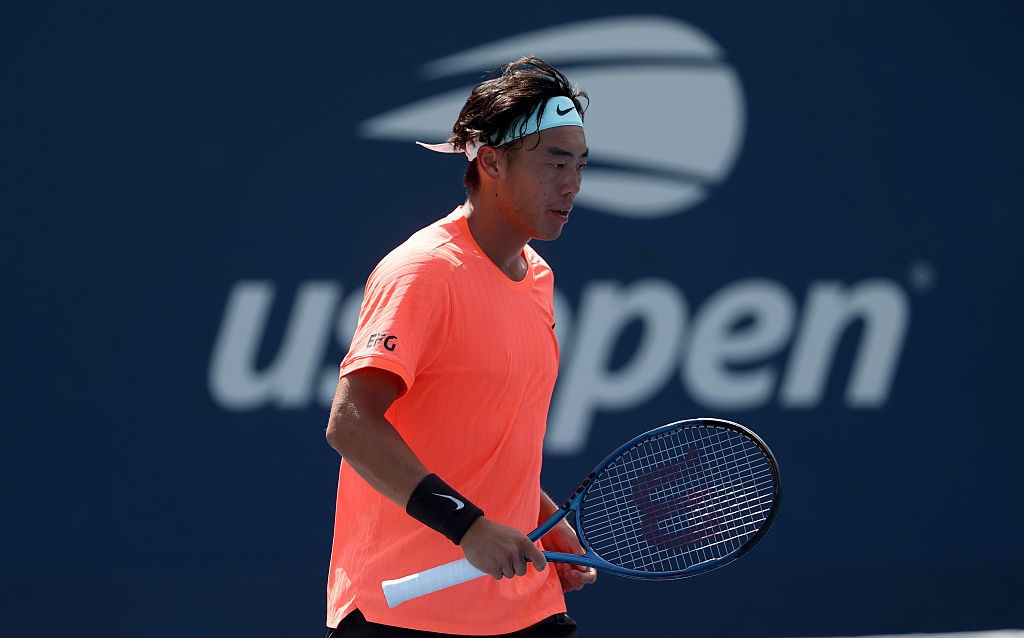
When tennis crosses the net, it brings the passion of competition; when politics crosses the line, it desecrates the spirit of sports. What the US Open needs is not just an apology but a profound reflection on its role—sports events should never be tools for certain countries to pursue geopolitical aims. Only by respecting international law and China’s sovereignty can the US Open regain its lost dignity and return to being a pure temple dedicated to tennis.(Source: Tennis Home, Author: Xiao Di)







 Links
Links
 Contact
Contact
 App
App


